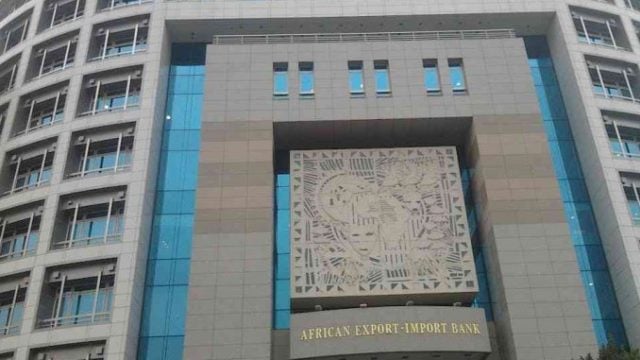Tope Fasua, the special adviser to President Bola Tinubu on economic affairs, has called for a structural reform of Nigeria’s foreign exchange (FX) market by making adjustments to the operations of the Bureau De Change (BDC) and the banking industry.
Fasua said reforming both the BDCs’ and the banks’ FX operations will enable the Central Bank of Nigeria (CBN) to incentivise the FX market and improve the pace FX is obtained.
He said this at a roundtable, themed, ‘Unification of Foreign Exchange and the Effect of Fuel Subsidy Removal on the Business Community’.
The event was organised by the National Policy Advocacy Centre (NPAC) of the Abuja Chamber of Commerce and Industry (ACCI) on Tuesday.
Advertisement
“If we can do the structural reforms in the BDCs sector and the banks and supervise them well, the CBN with our reserves can incentivize that sector, allowing people to get money much quicker,” NAN quoted Fasua as saying.
Speaking specifically about the over 5,000 BDCs in the forex market, the special adviser said the parallel market traders are too many to be adequately managed.
He said reforming the BDCs will make them stronger, adding that there’s a need to define the illegal market in order to find stability in the FX sector.
Advertisement
FASUA TACKLES FOREX SCARCITY CLAIM
Speaking on reports of scarcity, the special adviser said the provision of forex depends on the trade conducted by the country.
“I hear things like scarcity of forex. What is scarcity of forex, as if the world owes us any forex,” he said.
Fasua said more than 20 items imported into Nigeria are in the billions of dollar region, with fuel and diesel taking up about $25 billion to $30 billion yearly, but only crude oil and fertiliser are in the billion-dollar range on the exports list.
Advertisement
“The world does not owe us any forex. The forex you get is depending on the trade that you do,” the special adviser said.
“We have things like cars, which is about four billion every year; sugar, fish, milk one billion each; wheat four billion; chemicals, three billion dollars; pharmaceuticals two billion dollars.”
Expatiating on the export list, Fasua explained that petroleum and gas has “a figure like $57 billion, but out of that only 30 per cent is ours, according to Nigeria Extractive Industries Transparency Initiative (NEITI)”.
“The international oil companies that have the technology that do production own most of that money,” he added.
Advertisement
FOREX, PETROL SUBSIDY POLICIES DISRUPT BUSINESSES, ECONOMY
Also speaking at the event, Oscar Onyema, the managing director, the Nigerian Exchange Group (NGX), said sudden implementation of policies can disrupt businesses and the economy.
Advertisement
Onyema’s warning came on the back of the sudden removal of the petrol subsidy after Tinubu announced an immediate end to under-recovery even though his predecessor, Muhammadu Buhari, already budgeted for the first half of 2023.
Also, after the Central Bank of Nigeria (CBN) initially denied devaluing the naira, the foreign exchange market saw an immediate devaluation of 40 percent in June.
Advertisement
Onyema, who was represented at the event by Cordelia Ihedioha, said consultation with stakeholders is vital when drafting policies, to balance short-term challenges with long-term benefits.
He said a sudden shift in exchange rates can cause short-term disruptions for businesses dependent on imports, as it will drive up costs of imported materials, leaving the consumers of the businesses to bear the hike in costs.
Advertisement
“To mitigate these disruptions, businesses may need to explore alternative sourcing strategies and adjust their pricing models,” Onyema said.
Also, contributing to the discussion on the impact of the policies, Chidiebere Onwumere, ACCI director of policy advocacy centre, said while the policies have their positives, they could also have a negative effect on businesses.
“We must carefully consider how these factors will affect the competitiveness of our industries and the purchasing power of our citizens,” Onwumere said.
“Fuel subsidy removal, on the other hand, is expected to free up fiscal resources, reduce government spending, and potentially lead to increased investment in critical sectors.”
This, he said, also raises concerns about the immediate impact on transportation costs, inflation, “and the welfare of our citizens, especially those in vulnerable communities”.
Add a comment






